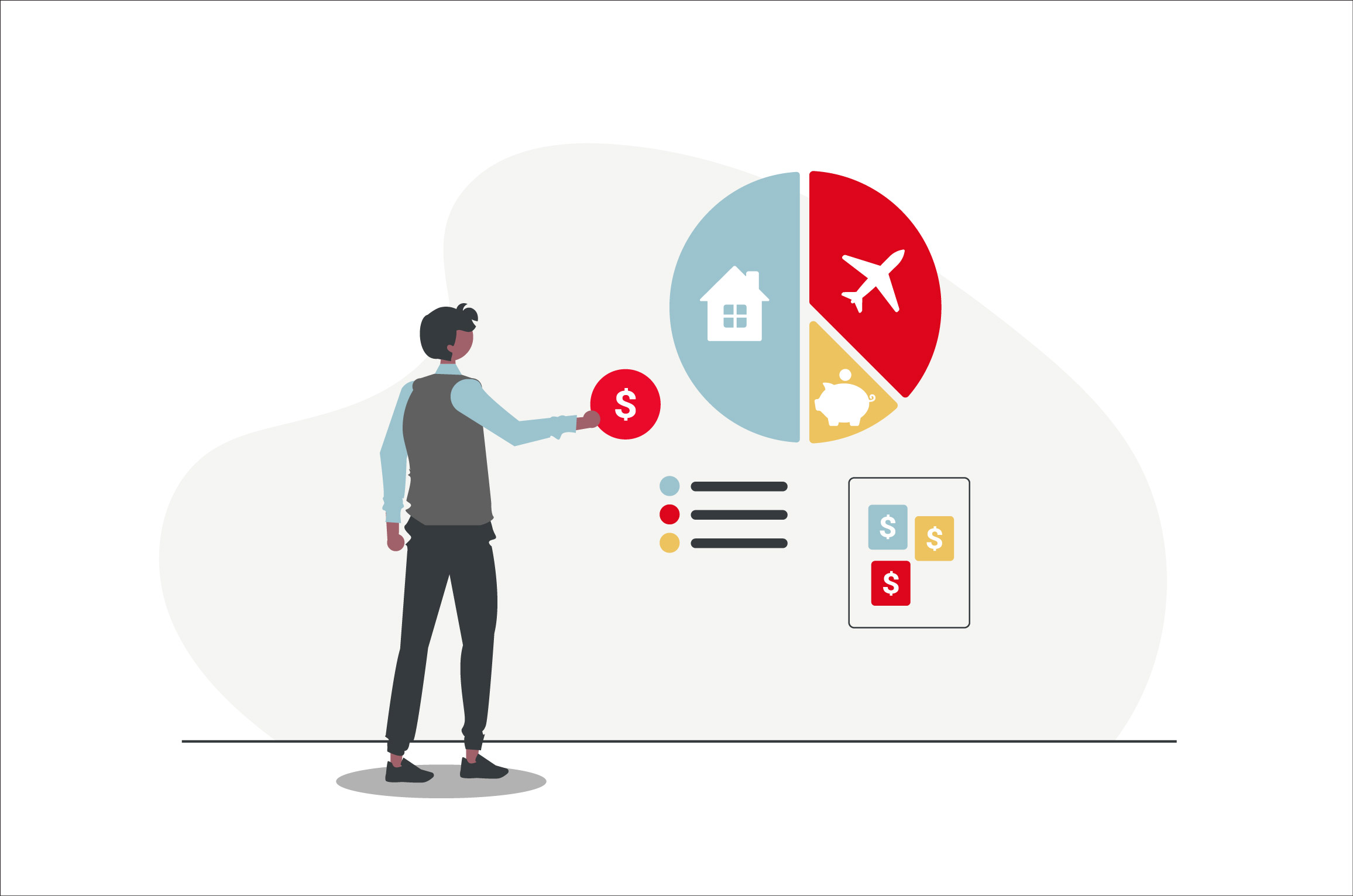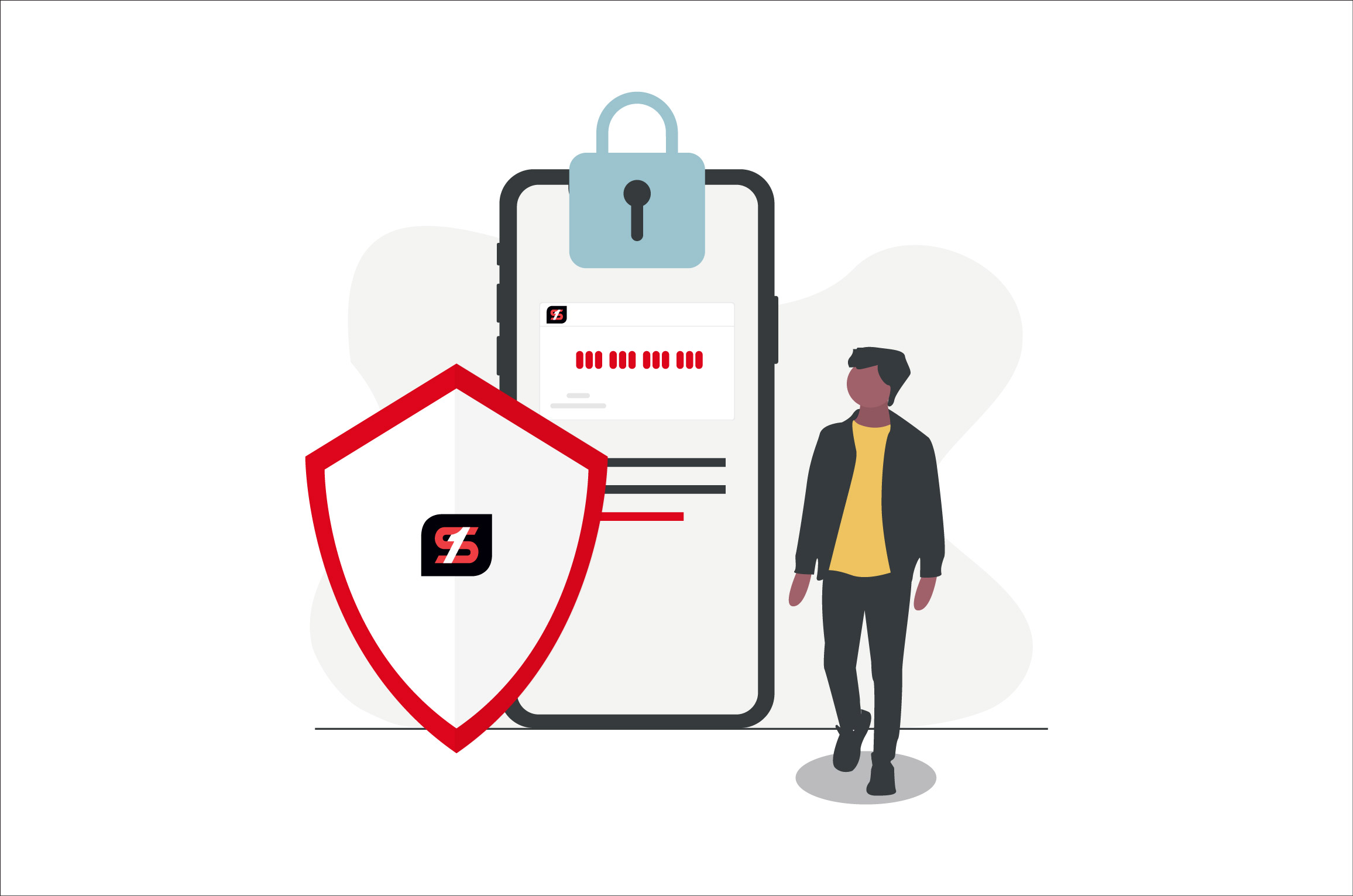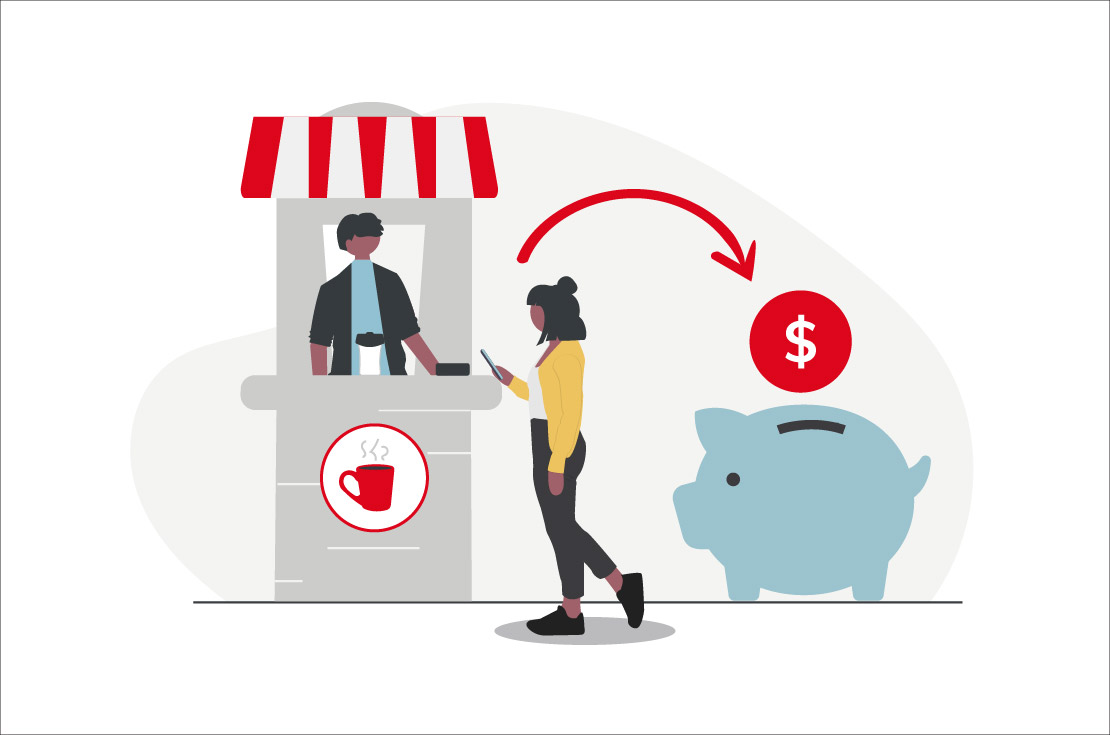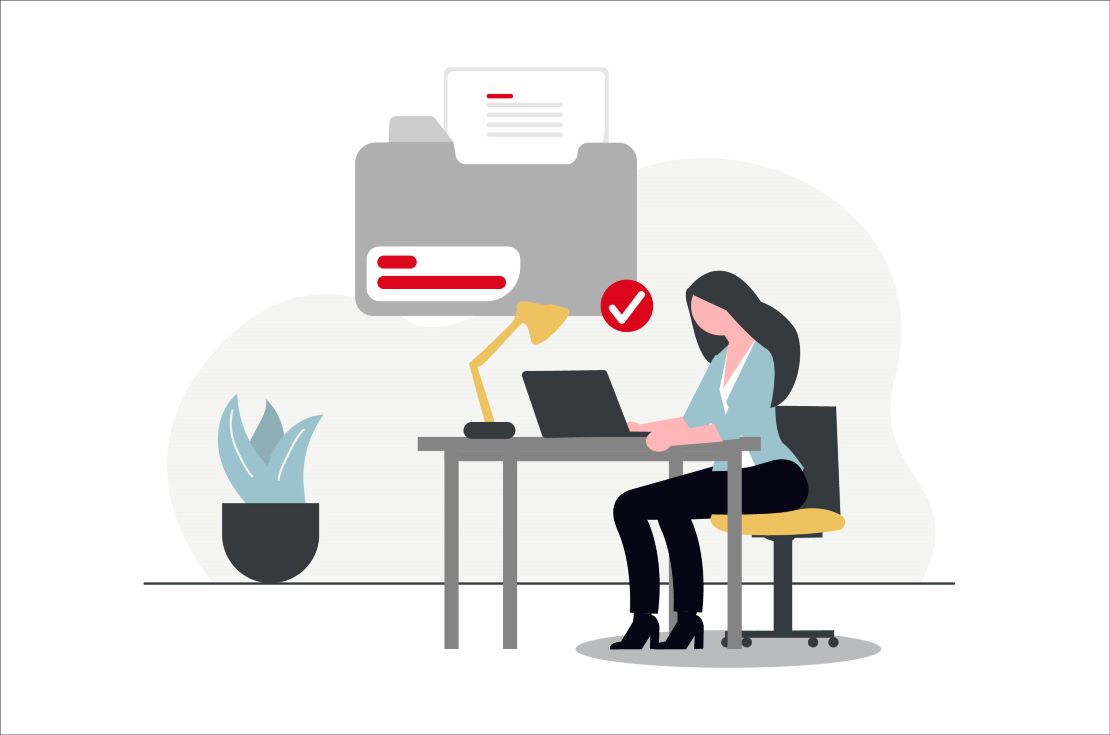How to protect yourself against phishing scams
Phishing scams
Every day, thousands fall victim to phishing scams through fraudulent emails, texts, and calls from scammers posing as banks. Phishing scams occur when you receive messages that appear to be from familiar companies, but they're actually from fraudsters seeking your personal information to steal your money or identity.
Phone call scams
Scammers impersonating banks may call and ask for personal details like your PIN or account number, using tactics ranging from friendliness to threats. Their goal is to obtain personal information or money by creating a sense of urgency, with warnings like "act now or your account will be closed" or "suspicious activity detected."
- Never share sensitive information like your bank password, PIN, card number, or a one-time login code with someone who calls you unexpectedly.
- Watch out for a false sense of urgency.
- Don’t rely on caller ID. Scammers can make any number or name appear on your caller ID, including that of your financial institution.
- Hang up. Whether it’s a scammer impersonating your bank or a real call, stay safe by ending unexpected calls and dialing the number on the back of your bank card or statement instead to confirm whether the call you received was legitimate.
Text message scams
Phishing text messages aim to trick you into giving away personal details like your password, PIN, or Social Security number, putting your bank account at risk. Scammers often create a sense of urgency with messages about unforeseen emergencies, unverified transactions, account suspensions, or unsolicited prize winnings.
- Don’t click links sent via text message — especially if it asks you to sign into your bank account. Scammers often use this technique to steal your username and password.
- Never share your PIN, password, or any one-time login codes via text message. Simmons Bank will only ask you to verbally repeat a one-time passcode if you have initiated the phone conversation and the message will indicate that the code should be provided to a support representative.
- Check for misspellings and grammatical mistakes. Chances are the phone number is suspicious as well.
- Delete the message. Don’t risk accidentally replying to or saving a fraudulent text message on your phone. You can screenshot before deleting if you want to keep a record.
Email scams
Email scams represent 96 percent of phishing attacks, making them the preferred method for scammers. These fraudsters frequently craft emails to mimic those from your bank that prompt you to click on a link to verify your account, update personal information, or resolve a supposed issue, actions that can lead to personal and financial information being compromised.
- Avoid clicking suspicious links. Hovering over the link can show its true destination.
- Recognize the false sense of urgency. Legitimate banks don’t resort to scare tactics or threats to prompt immediate action.
- Don't open attachments.
- Check for misspellings and grammatical errors.
Trust your instincts
Your bank will never make an unsolicited request for sensitive information or use scare tactics to create a sense of urgency. Remember if something seems suspicious, it probably is. If you have questions about the legitimacy of a communication, contact your bank or financial institution - Simmons Bank customers can contact us here. Additional information about common fraud schemes is also available on our Fraud Education page.
What to do if you think you’ve been scammed
- If you gave a scammer personal information like your SSN or bank account number, go to IdentityTheft.gov to see what steps to take, including how to monitor your credit.
- Change your password if you shared any sort of username or password.
- Contact your bank.
- If you lost money, file a police report.
- Report the scam to the Federal Trade Commission or call 1-877-FTC-HELP (382-4357
This article is for educational purposes only and is not intended to be financial, investment, legal, or tax, advice. Always consult a qualified professional about your personal situation.






